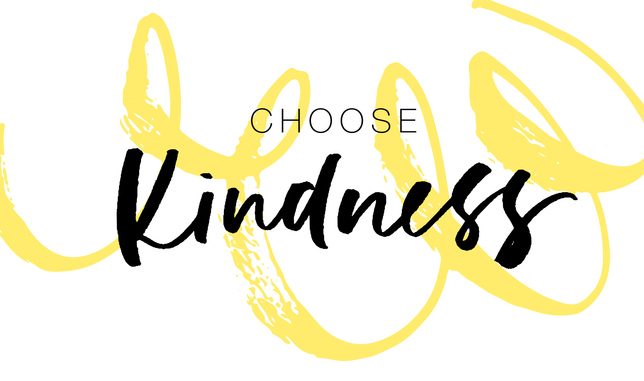
A new analysis of decades of research shows that when we are kind to others, we are healthier and happier.
BY JILL SUTTIE
We all know that it’s good to be kind to others. Kindness is an important virtue for sustaining relationships, which helps to build a trusting and cooperative society.
You may have also heard that kindness makes you happier and healthier. But what does that mean for you? What acts of kindness will make us happiest, and who tends to benefit the most?
A newly published review of decades of kindness research provides some answers.
In this paper, researchers analyzed the results from 126 research articles looking at almost 200,000 participants from around the world. The studies they chose all had to meet certain criteria, such as including only adults and reporting good statistical data; some were experiments, where people did a kindness practice to observe its effects, while others just surveyed people about how kind and happy they were. The studies measured well-being in a variety of ways, including both mental and physical health.
As expected, people who were kind tended to have higher well-being. Lead researcher Bryant Hui was surprised the relationship was not stronger than it was, but he was still encouraged by the results.
“Although the overall relationship between prosocial (kind and helpful) behavior and well-being is weak, given that so many people around the world act prosocially, the modest effect can still have a significant impact at a societal level,” he says.
A small effect like this—an average of all the participants’ experiences—can sometimes hide other patterns going on below the surface. So, he and his colleagues considered when kindness might have a bigger impact on our well-being.
To read this article in its entirety at GreaterGood.Berkeley.Edu, click here.
